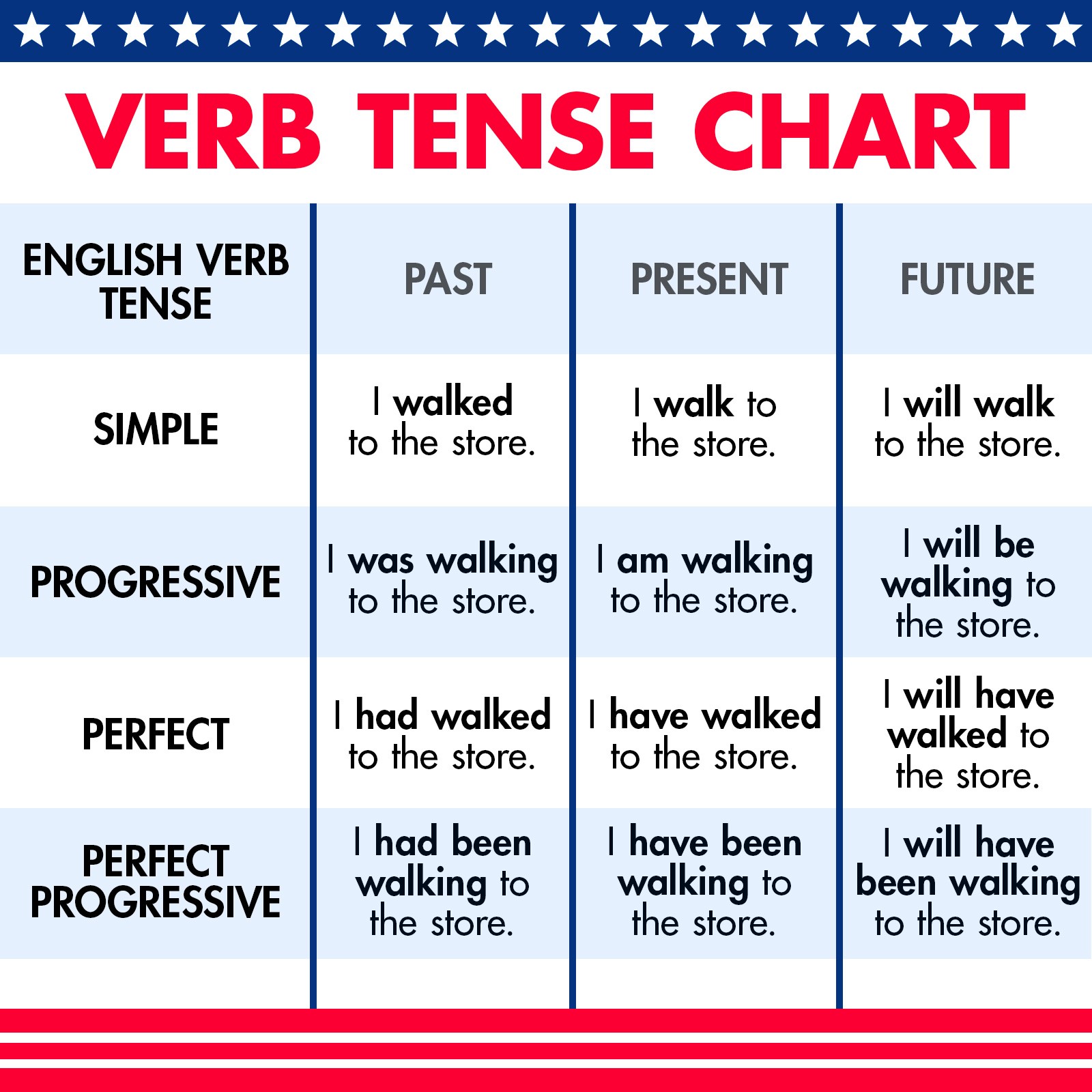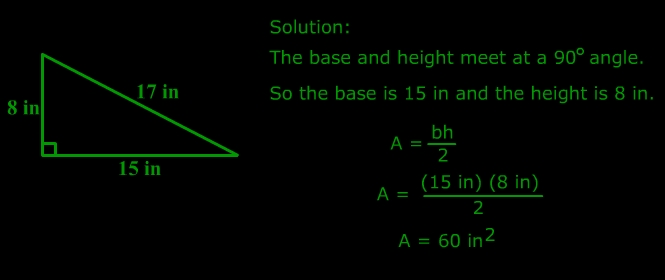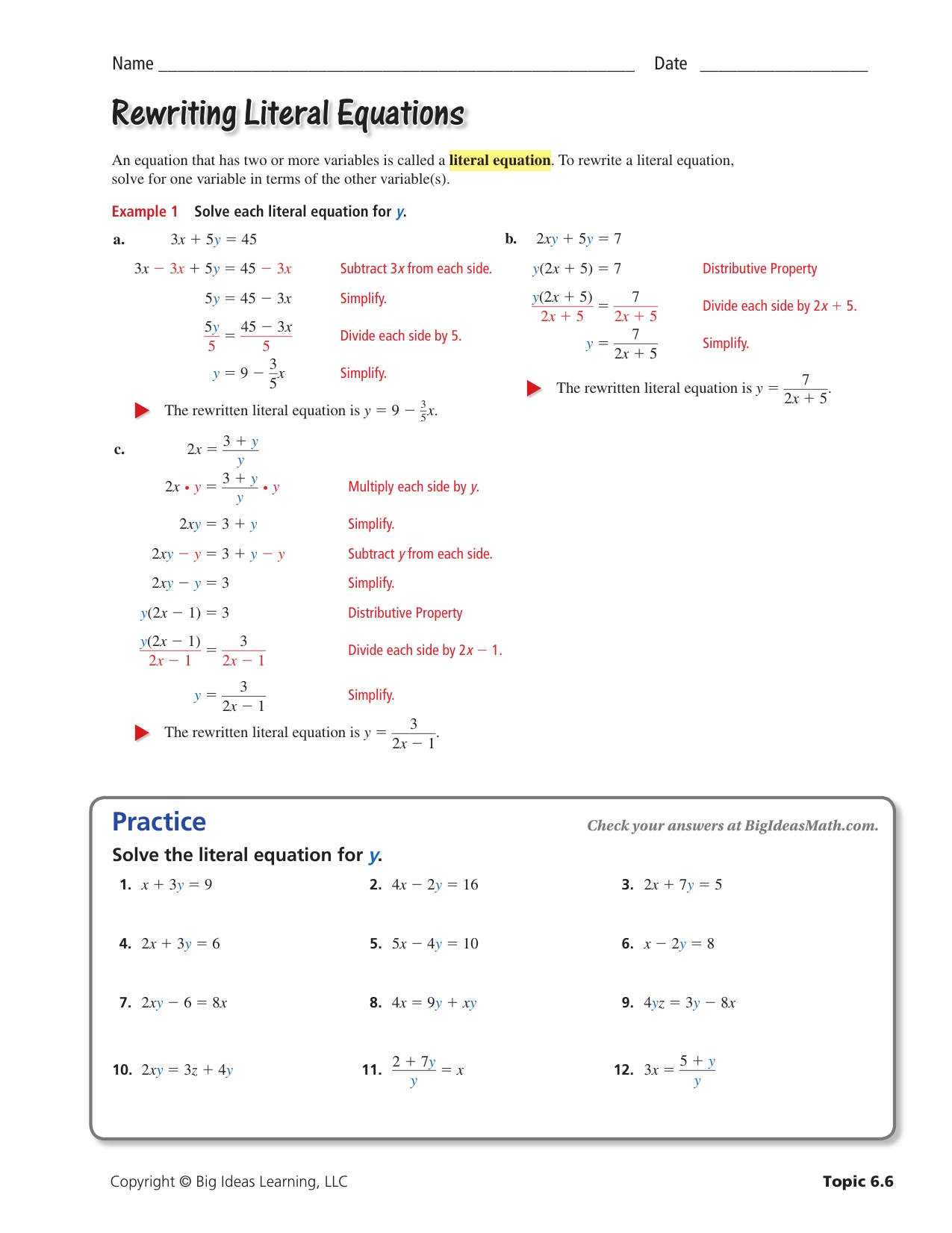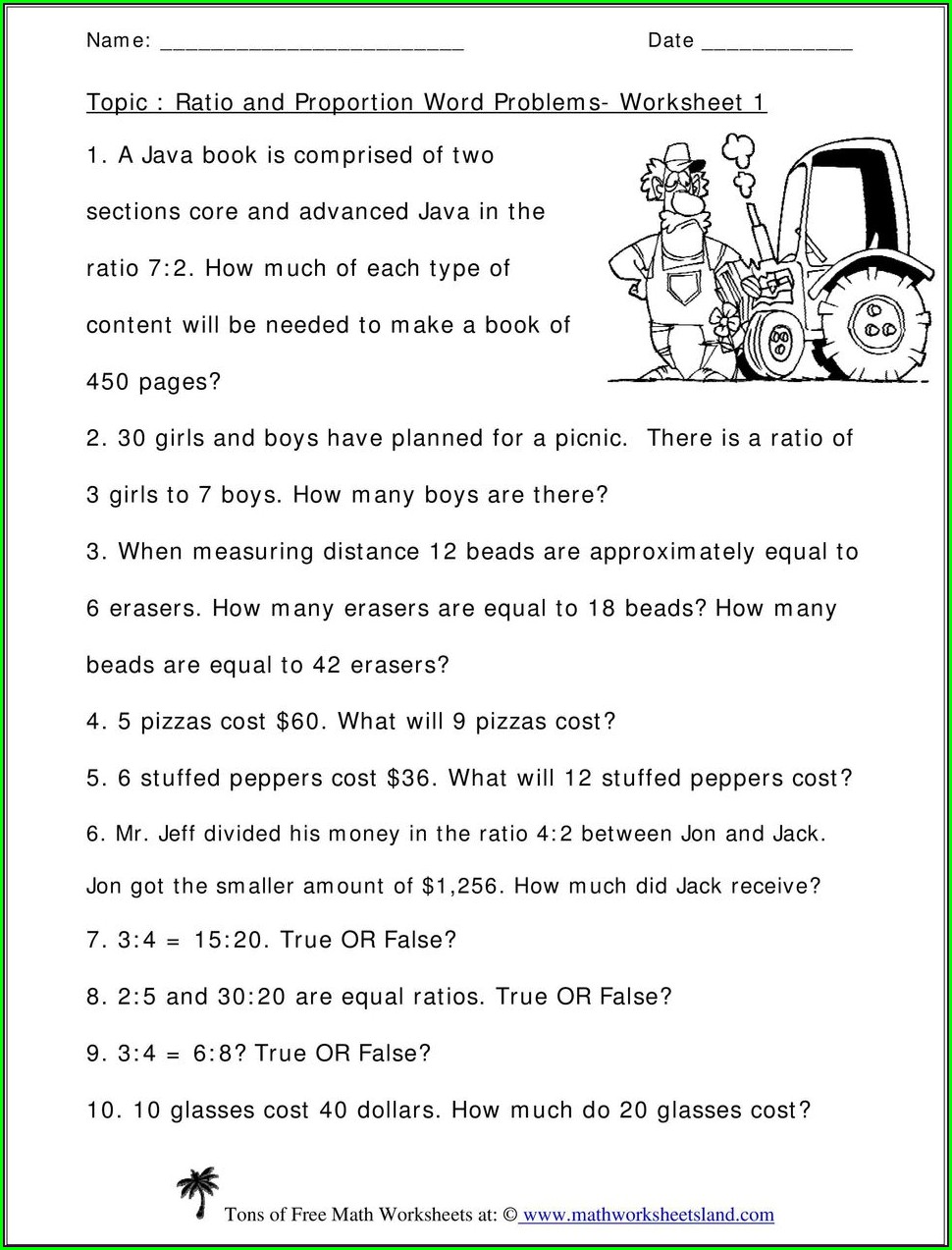Verb Tense Worksheets for Effective English Learning

Mastering Verb Tenses: A Key to Effective English Learning
Verb tenses are a fundamental aspect of the English language, and mastering them is crucial for effective communication. Whether you’re a student, teacher, or language learner, understanding verb tenses is essential for conveying your message accurately. In this blog post, we’ll explore the world of verb tenses, discuss their importance, and provide you with valuable worksheets to practice and improve your skills.
Why Are Verb Tenses Important?
Verb tenses help us express when an action takes place, whether it’s in the past, present, or future. They also enable us to convey the duration, completion, or repetition of an action. Without a clear understanding of verb tenses, your sentences may sound confusing, and your message may not be conveyed effectively.
For example, consider the following sentences:
- I go to the store. (Present Simple)
- I went to the store. (Past Simple)
- I will go to the store. (Future Simple)
Each sentence has a different verb tense, which changes the meaning and the time of the action.
Types of Verb Tenses
There are 12 basic verb tenses in English, which can be categorized into four main groups:
- Simple Tenses: Present Simple, Past Simple, Future Simple
- Progressive Tenses: Present Progressive, Past Progressive, Future Progressive
- Perfect Tenses: Present Perfect, Past Perfect, Future Perfect
- Perfect Progressive Tenses: Present Perfect Progressive, Past Perfect Progressive, Future Perfect Progressive
Each type of verb tense has its own set of rules and usage, and understanding them is crucial for effective communication.
Verb Tense Worksheets
Now that we’ve discussed the importance and types of verb tenses, it’s time to practice! Here are some worksheets to help you improve your skills:
Worksheet 1: Present Simple vs. Present Progressive
Complete the sentences with the correct form of the verb in parentheses:
- I ____________________ (study) English every day.
- She ____________________ (eat) breakfast at 7 am.
- They ____________________ (play) soccer at the moment.
Worksheet 2: Past Simple vs. Past Progressive
Complete the sentences with the correct form of the verb in parentheses:
- I ____________________ (go) to the movies last night.
- They ____________________ (watch) TV when the power went out.
- She ____________________ (read) a book all afternoon.
Worksheet 3: Future Simple vs. Future Progressive
Complete the sentences with the correct form of the verb in parentheses:
- I ____________________ (travel) to Europe next year.
- They ____________________ (study) for their exams at 8 pm.
- She ____________________ (work) on a new project next month.
Worksheet 4: Present Perfect vs. Past Perfect
Complete the sentences with the correct form of the verb in parentheses:
- I ____________________ (eat) breakfast before I came to school.
- They ____________________ (finish) their homework before dinner.
- She ____________________ (learn) English since she was a child.
Worksheet 5: Mixed Verb Tenses
Complete the sentences with the correct form of the verb in parentheses:
- By next year, I ____________________ (study) English for five years.
- If I won the lottery, I ____________________ (travel) around the world.
- By the time I arrived, they ____________________ (eat) dinner.
💡 Note: These worksheets are meant to be a starting point for your practice. You can find more worksheets and exercises online or in language learning textbooks.
Tips for Mastering Verb Tenses
- Practice consistently: Make verb tense practice a part of your daily routine.
- Read and listen to English materials: Pay attention to verb tenses used in your favorite books, TV shows, or podcasts.
- Speak and write in English: Try to use different verb tenses in your conversations and writing.
- Learn from mistakes: Don’t be afraid to make mistakes – they’re an essential part of the learning process.
Conclusion
Mastering verb tenses takes time and practice, but with consistent effort, you can improve your English skills and communicate more effectively. Remember to practice regularly, read and listen to English materials, and speak and write in English as much as possible. Don’t be afraid to make mistakes – they’re an essential part of the learning process. Good luck!
What is the difference between the present simple and present progressive tenses?
+The present simple tense is used to describe habits, routines, and general truths, whereas the present progressive tense is used to describe actions that are happening at the moment of speaking.
How do I know which verb tense to use in a sentence?
+Read the sentence carefully and try to determine the time of the action. Ask yourself: “When is the action happening?” or “When did the action happen?”
Can I use multiple verb tenses in one sentence?
+Yes, you can use multiple verb tenses in one sentence. This is called a mixed verb tense sentence. For example: “By the time I arrived, they had eaten dinner.” (Past Perfect and Past Simple)



